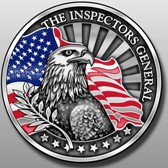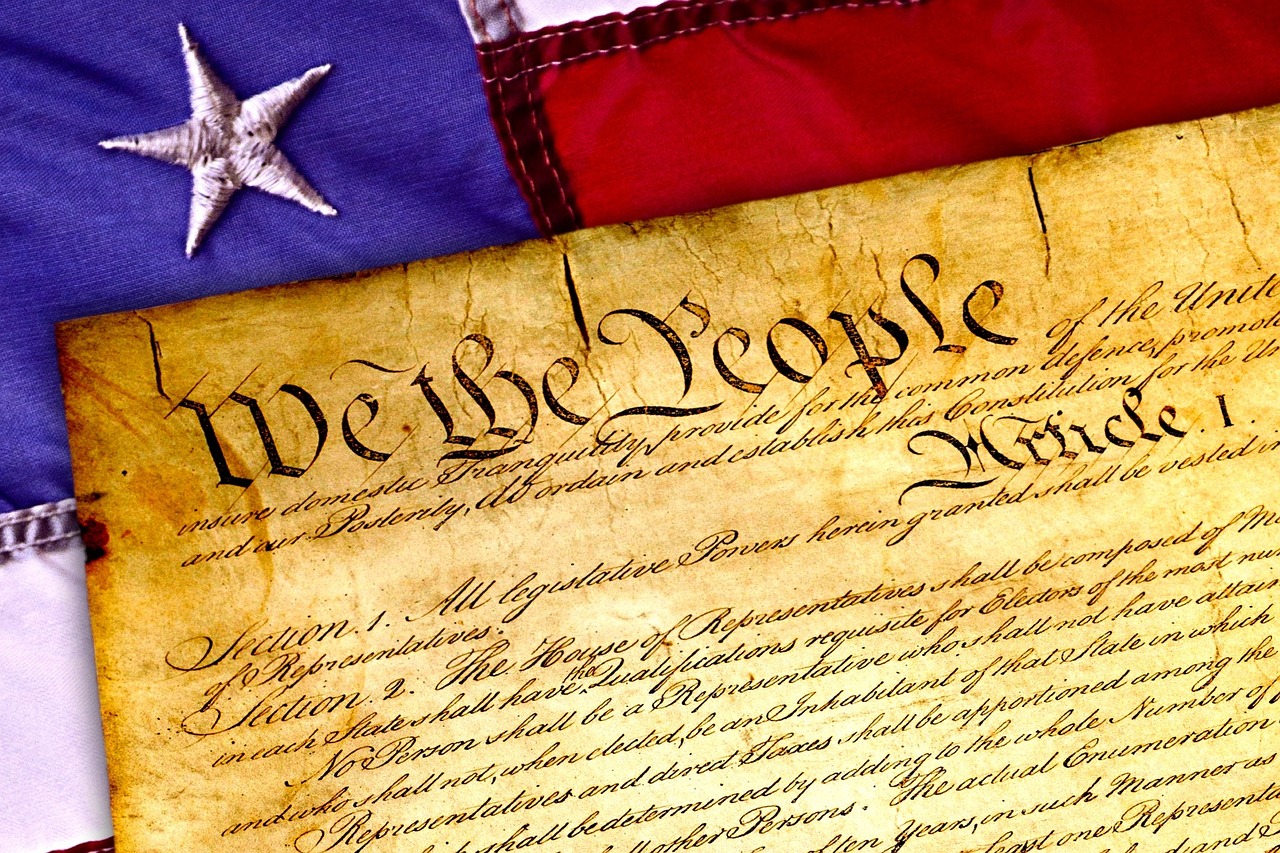By Fred Palm, contributing editor | The role of a government inspector general is much in the news lately. The position has evolved from military tradition to ensure that government-funded entities use taxpayer money in careful, frugal and legal manners. We don’t want, for example, our hard-earned tax dollars wasted, ripped-off, squandered, thieved or frauded.
 The inspector general was first used here during our Revolutionary War. General George Washington smartly recognized that his militia leaders and those that reported to them sometimes distorted, exaggerated and plain lied about their fitness and capabilities.
The inspector general was first used here during our Revolutionary War. General George Washington smartly recognized that his militia leaders and those that reported to them sometimes distorted, exaggerated and plain lied about their fitness and capabilities.
Washington appointed an inspector general modeling a practice of the Prussian Army, then the world’s elite war-fighting army. Back then, one of the practices of the Prussian Army was to require field inspections for war-fighting fitness to be conducted by knowledgeable staff who were independent and outside the reporting chain of command. They were intentionally free from the obligation to follow orders.
Washington and his command staff used an inspector general to provide a potential pathway for the truth. The obligation of Washington’s inspectional forces was to objectively determine capability and to accurately report on the conditions and recommend actions needed to cure the defects found so future battle would be won. It was not about “gotcha,” blaming or looking back.
Over time, inspectors general evolved in our governments as an added layer of protection. In addition to having inspector generals to monitor the capabilities and ethical standards of officials, taxpayers are protected through whistleblowers who potentially bring forward a claim or charge of wrongdoing, unethical or illegal acts found in the government sphere. They also might also bring forward claims to settle scores because a boss did not approve an expected raise, took too long of a lunch hour or some other trite, ill-founded or misperceived event.
 Are whistleblowers blabbermouth, spies, informers, snitches, stoolies, malcontents, tattlers, rebels, “rats” or simply just negative people who are the saboteurs of organizations? In fact, they can be considered in another way — as truth-tellers, heroes, courageous, corruption-busters, fraud-fighters, champions of the good or just doing what is right. Any one of the labels might be a good fit depending on the facts and circumstances. If you have met one, you have met just that one, as they come in all forms that needs to be revealed.
Are whistleblowers blabbermouth, spies, informers, snitches, stoolies, malcontents, tattlers, rebels, “rats” or simply just negative people who are the saboteurs of organizations? In fact, they can be considered in another way — as truth-tellers, heroes, courageous, corruption-busters, fraud-fighters, champions of the good or just doing what is right. Any one of the labels might be a good fit depending on the facts and circumstances. If you have met one, you have met just that one, as they come in all forms that needs to be revealed.
The validity and accuracy of any whistleblower complaint can be determined by the responsible elected and appointed personnel in the chain of command who are the first to consider its validity. As Washington found, at times the right thing is not done because it is an embarrassment, worthy of concealment or cover up or worse. Whistleblowers have a path outside of the reporting structure. In our civilian government and our U.S. military commands, that path is to the inspector general who focuses on the mission. Inspectors general need reports from multiple sources to do their job to make accurate recommendations to management.
Inspectors general need to separate fact from fiction from a whistleblower’s report to bring forward facts or events in need of management’s attention and any suggested improvements that are needed to achieve higher levels of performance, cure corruption and better serve the taxpayers. The compelling need is to find out the elusive truth. An inspector general’s challenge is to balance these competing needs providing a path forward for the common good.
Fred Palm of Edisto Island is a retired professor of oversight and investigations at the John Jay College School of Public Management and a former executive director of the Association of Inspectors General. He writes about the Common Good.
- Have a comment? Send to: editor@charlestoncurrents.com




 We Can Do Better, South Carolina!
We Can Do Better, South Carolina!
























